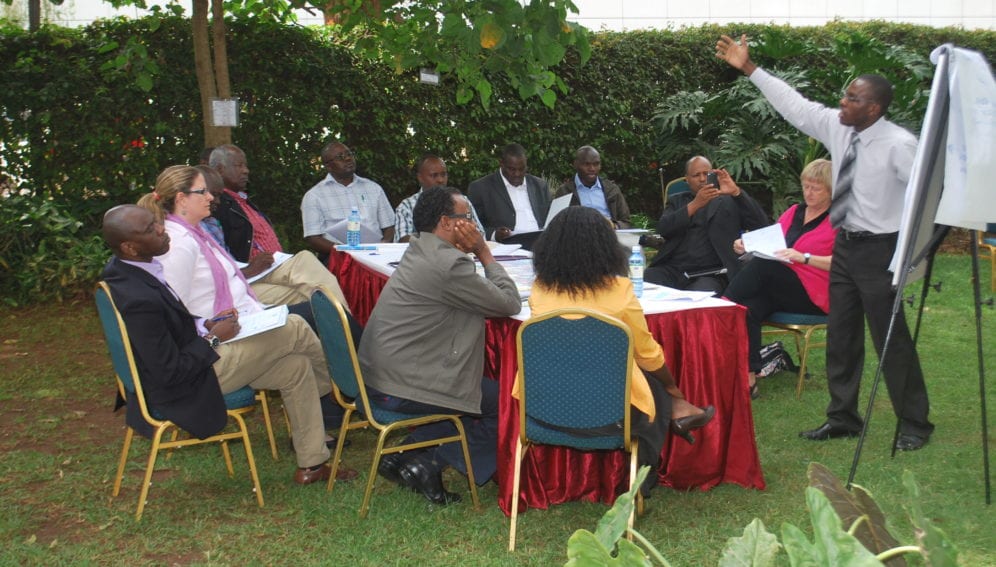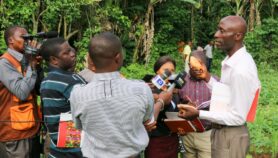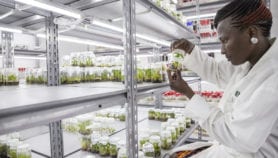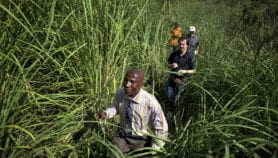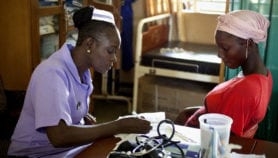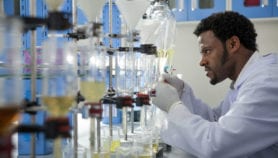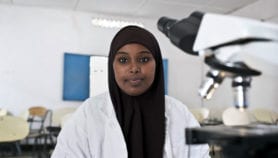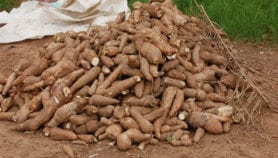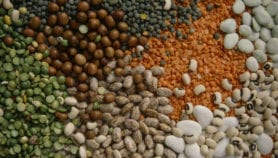Send to a friend
The details you provide on this page will not be used to send unsolicited email, and will not be sold to a 3rd party. See privacy policy.
[GABORONE, BOTSWANA] Two southern African research organisations have signed a Memorandum of Understanding (MoU) to collaborate to improve food security and people’s livelihoods in the Southern African Development Community (SADC).
The Centre for Coordination of Agricultural Research and Development for Southern Africa (CCARDESA), headquartered in Gaborone, Botswana, and the Regional Agricultural and Environmental Innovations Network Africa (RAEIN-Africa) in Pretoria, South Africa, signed the MoU last month (23 October).
CCARDESA, a regional agricultural organisation launched in 2011 by the SADC ministers of agriculture, coordinates agricultural research and development whereas RAEIN-Africa conducts research and development primarily in agriculture and environment, interfacing science, technology and sustainable growth in SADC countries.
Doreen Shumba-Mnyulwa, executive director of RAEIN-Africa, tells SciDev.Net: “We need to work together. By planning, implementing and evaluating together, we can convince those using our technologies that we have their interests at heart”.
The collaboration is expected to enhance their common interest in training, future development of agriculture and research such as development, application and transfer of technologies.
“We need to play a role in the region and improve food security,” says Shumba-Mnyulwa.
She adds that during trials most communities showed great interest in many technologies such as no-till tied ridging — a form of conservative tillage system that has ridges to ensure the soil does not lose water — but only a fraction are interested in their uptake, a concern she hopes the cooperation could effectively address.
“We need to work together. By planning, implementing and evaluating together, we can convince those using our technologies that we have their interests at heart.”
Doreen Shumba-Mnyulwa, RAEIN-Africa
Other key areas of the collaboration include research and development that focus on food security and livelihoods, natural resources management, practices that enhance the relationship between research and industry and the promotion of sustainable agriculture through capacity building initiatives.
Timothy Simalenga, the executive director of CCARDESA, says both organisations would co-fund the initiative. He adds that they would now jointly send proposals to donors for funding.
The organisations have also agreed to exchange research personnel and specialists, Simalenga reveals.
Oluwatoyin Dare Kolawole, a senior research fellow at the University of Botswana-based Okavango Research Institute, commends the partnership, saying it is at the right time, especially when food security continues to be a major issue affecting many countries in Africa.
“Population growth in Africa demands that we produce more food,” he adds, noting that Africa faces challenges of food security, requiring institutions to collaborate to address the issue.
However, Kolawole is of the view that the two institutions need to identify key areas for attention. “There is no straight jacket to address issues. We need a holistic approach to boost agricultural production,” he says.
This article has been produced by SciDev.Net's Sub-Saharan Africa desk.


